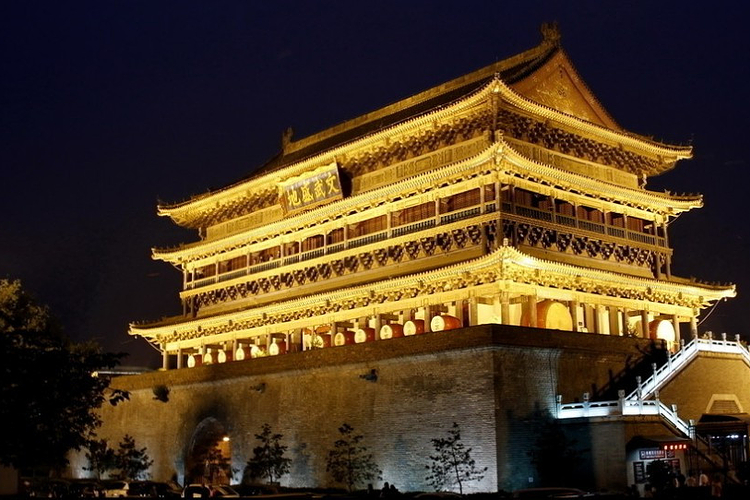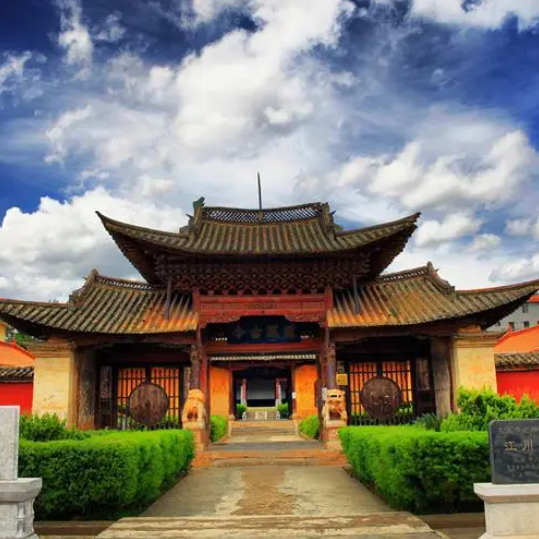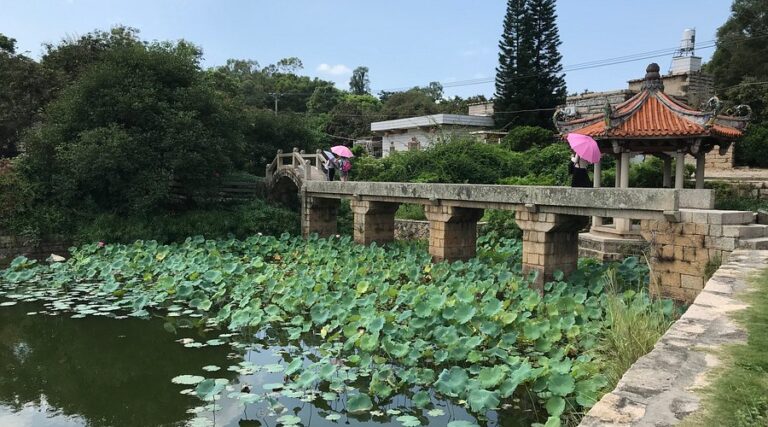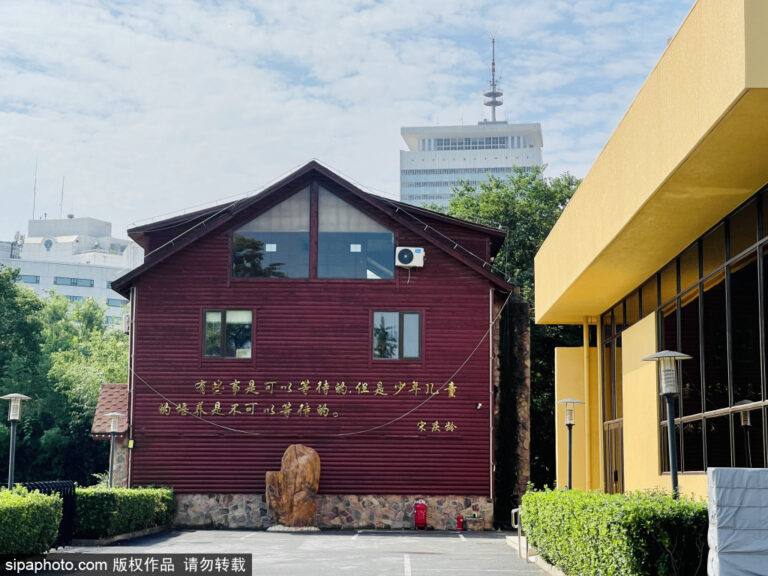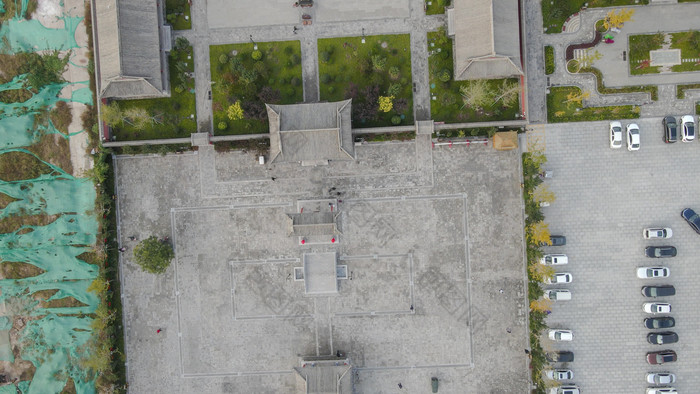Discover the Hidden Treasures of Baoji Yijiabao Site: A Traveler’s Guide
An Essential Guide to Visiting Baoji Yijiabao Site
In This Guide
- An Essential Guide to Visiting Baoji Yijiabao Site
- The Rich History of Baoji Yijiabao Site
- Main Highlights: What to See at Baoji Yijiabao Site
- Planning Your Visit: A Practical Guide
- Tickets, Hours, and Booking
- How to Get There
- Local Cuisine and Accommodation
- Frequently Asked Questions
- Final Thoughts on Your Trip
Nestled in the rich historical tapestry of Shaanxi Province, the Baoji Yijiabao Site (益家堡遗址) stands as a remarkable testament to China’s ancient civilization. Located in the Fufeng County of Baoji City, this archaeological site offers a fascinating glimpse into the Neolithic era, dating back approximately 7,000 years. It is particularly renowned for its well-preserved remnants of the Yangshao Culture, which flourished in this region and contributed significantly to the development of early Chinese society.
As one of the most significant archaeological discoveries in recent decades, the Yijiabao Site features the remains of ancient dwellings, pottery, and tools that illustrate the daily lives and cultural practices of its inhabitants. Visitors to the site will not only explore the physical remnants of this vibrant past but also engage with the narratives of early agricultural practices, social structures, and community life that emerged in this part of the world.
The site is more than just an archaeological treasure; it is a vital link connecting modern travelers with the ancient roots of Chinese history. With its serene surroundings and educational exhibits, the Yijiabao Site has become a must-visit destination for those interested in archaeology, history, and the enduring legacy of human innovation. Whether you are a seasoned history buff or a curious traveler, a visit to this site promises an enlightening experience that highlights the profound depth of China’s cultural heritage.
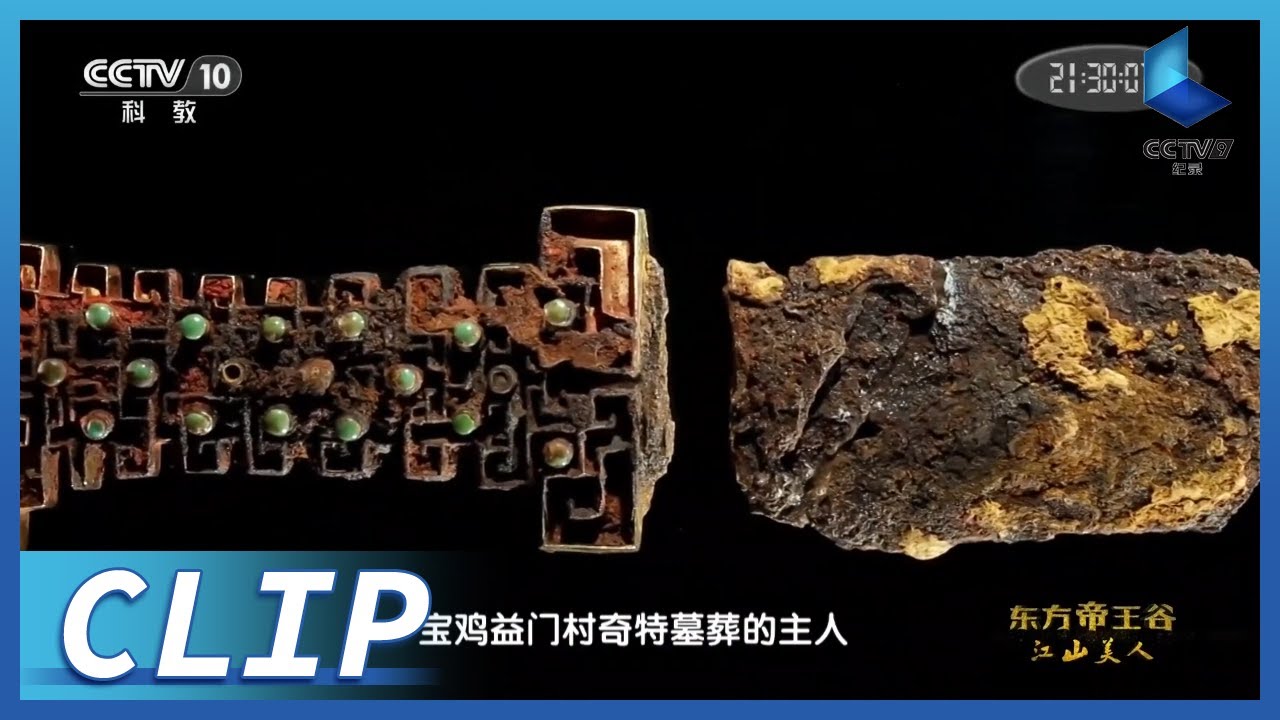
Baoji Yijiabao Site.
The Rich History of Baoji Yijiabao Site
The Baoji Yijiabao Site, located in the Fufeng County of Baoji City, is a significant archaeological site that provides a window into the ancient cultures that thrived in this region of China. The site dates back approximately 5,000 years, making it one of the earliest known settlements during the Neolithic era.
Discovered in 1978, the Yijiabao Site is notable for its rich cultural artifacts, including a variety of pottery, tools, and remnants of ancient dwellings. The site’s layout and the artifacts unearthed have offered invaluable insights into the lifestyle, socio-economic structures, and artistic expressions of the early inhabitants. Evidence suggests that the people who lived here practiced agriculture, hunting, and fishing, indicating a complex society that had begun to transition from a nomadic lifestyle to settled farming.
The site’s significance is further emphasized by its role in the broader context of Chinese civilization. Archaeological findings from Yijiabao are linked to the Yangshao culture, known for its distinct pottery and advancements in agriculture. This culture is recognized for its contributions to the development of social structures and community life in ancient China, laying the groundwork for future dynasties.
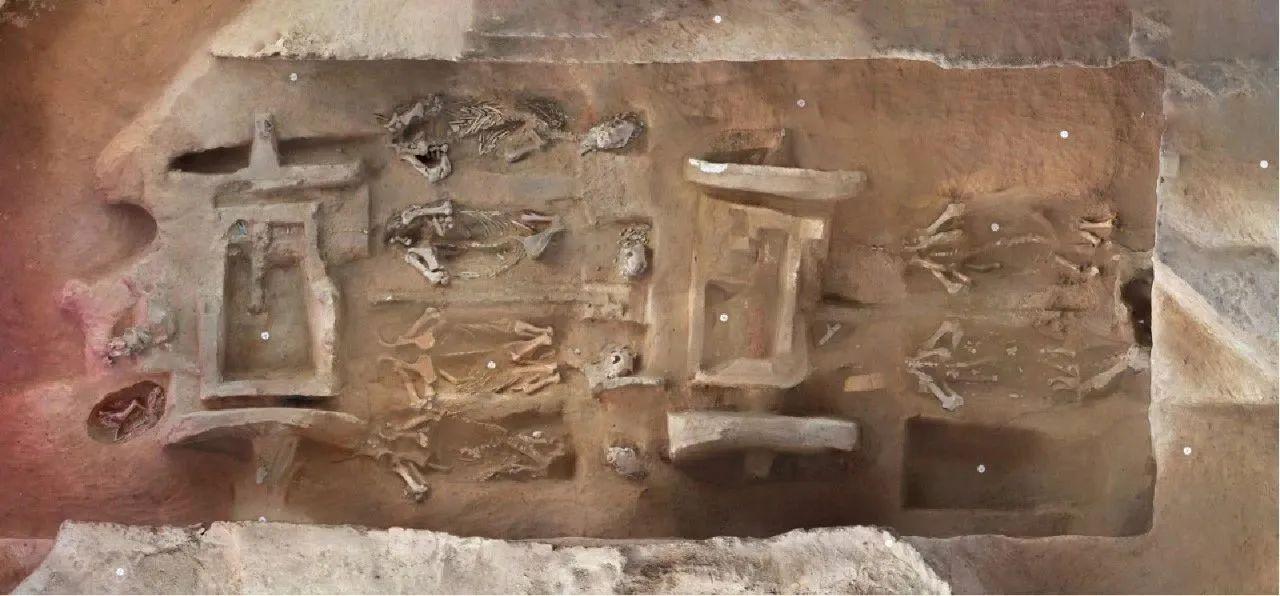
Baoji Yijiabao Site.
In 1992, the Baoji Yijiabao Site was officially designated as a cultural heritage site by the Shaanxi Provincial Government. This recognition has helped to preserve the site and promote it as a valuable resource for education and tourism. Visitors today can explore the remnants of this ancient settlement and appreciate the historical significance it holds in understanding the evolution of human society in the region.
As archaeological research continues, the findings from the Yijiabao Site contribute to a deeper understanding of early Chinese civilization, showcasing the ingenuity and adaptability of its early inhabitants. The site stands as a testament to the rich cultural heritage of Baoji, providing a compelling narrative of human history that resonates with both scholars and travelers alike.
Main Highlights: What to See at Baoji Yijiabao Site
Nestled in the picturesque region of Shaanxi Province, the Baoji Yijiabao Site is a treasure trove of archaeological significance, offering visitors a glimpse into the rich tapestry of ancient Chinese civilization. Here are the key highlights that make this site a must-visit:
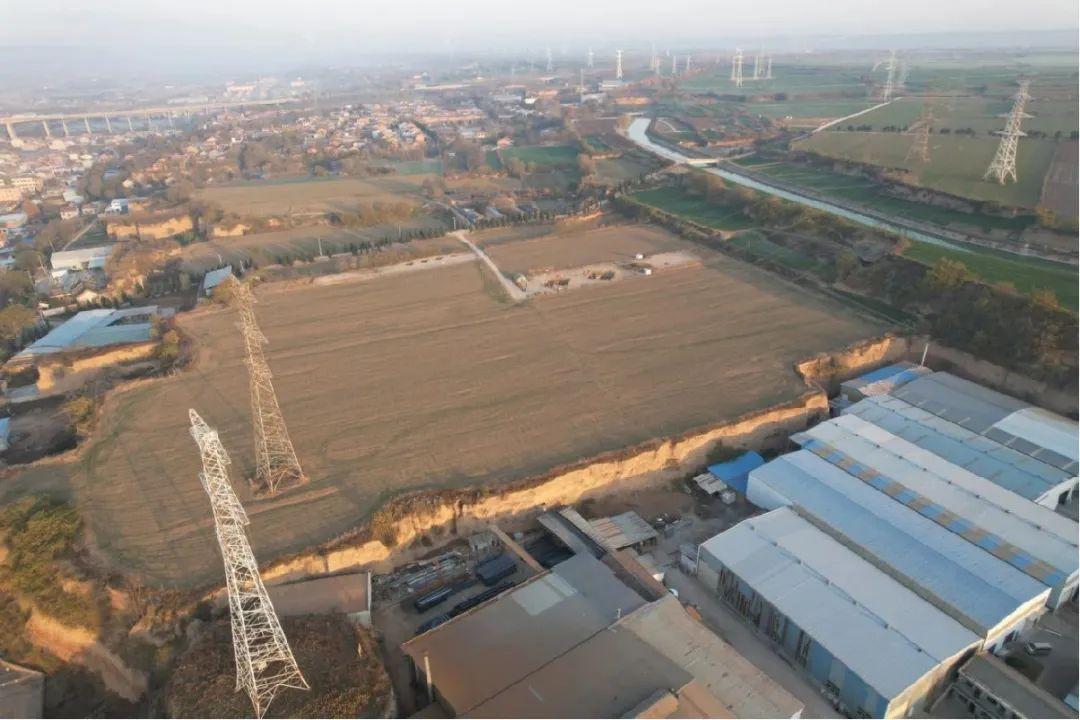
Baoji Yijiabao Site.
Historical Significance
The Yijiabao Site dates back approximately 7,000 years, showcasing the remnants of the Yangshao culture, one of China’s earliest agricultural societies. It serves as a crucial link in understanding the development of human settlements in the region and the transition from nomadic lifestyles to settled farming communities.
Impressive Archaeological Finds
Visitors can marvel at the artifacts unearthed from the site, including pottery, tools, and remnants of ancient dwellings. These findings provide invaluable insights into the daily lives, customs, and technological advancements of the people who once inhabited this area.
Scenic Surroundings
The site is beautifully situated near the majestic Qinling Mountains, offering a stunning natural backdrop for exploration. The blend of historical significance and natural beauty makes it an ideal spot for photography, hiking, and leisurely walks.
Cultural Experiences
At the Yijiabao Site, travelers can engage with local culture through guided tours that delve into the history of the Yangshao people. Participating in workshops or demonstrations of traditional crafts can enhance your understanding of ancient techniques and cultural practices.
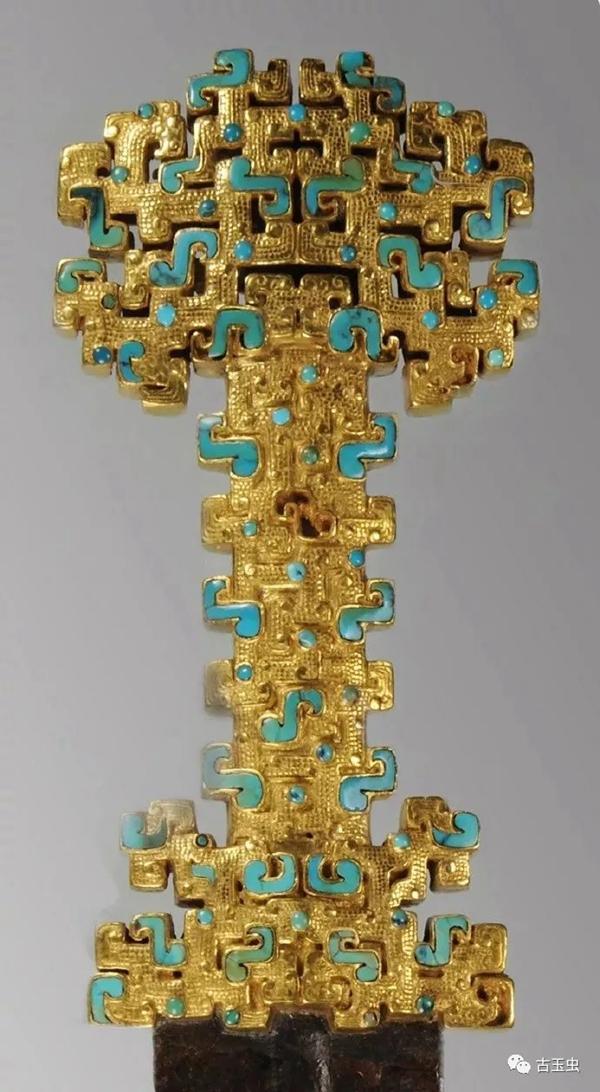
Baoji Yijiabao Site.
Access and Visitor Facilities
The Baoji Yijiabao Site is equipped with visitor-friendly facilities, including informative signage in both Chinese and English, rest areas, and gift shops offering local handicrafts. Accessibility is convenient, making it an easy addition to a broader itinerary exploring the historic city of Baoji.
Whether you are a history buff, an archaeology enthusiast, or simply looking to explore a unique aspect of Chinese heritage, the Yijiabao Site promises an enriching experience that connects the past with the present.
Planning Your Visit: A Practical Guide
Nestled in the historical heart of Shaanxi Province, the Baoji Yijiabao Site (益家堡遗址) offers a glimpse into ancient Chinese civilization, particularly the Neolithic era. As you prepare to explore this archaeological marvel, here’s your practical guide to ensure a fulfilling visit.
Location and Access
The Yijiabao Site is situated in Fufeng County, approximately 15 kilometers northeast of Baoji city center. This site is easily accessible via public transport, with buses frequently departing from the city. If driving, the site is well-signposted and offers parking facilities nearby.
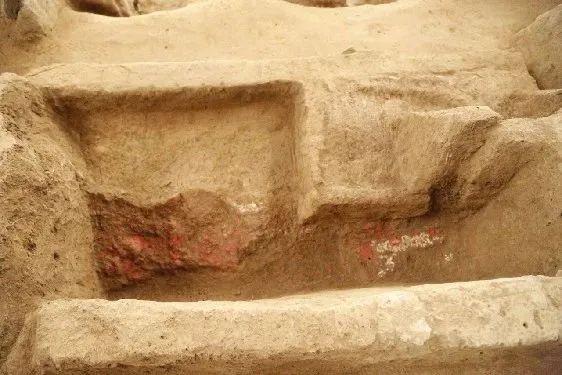
Baoji Yijiabao Site.
Opening Hours
The site is open to visitors throughout the week, typically from 8:00 AM to 5:30 PM. However, it is advisable to check for any seasonal variations in operating hours before planning your visit.
Admission Fees
Entry to the Yijiabao Site is generally free of charge, making it an attractive option for budget travelers. Some guided tours may incur a fee, which often includes additional insights and access to specific areas of the site.
Best Time to Visit
The ideal time to visit the Yijiabao Site is during the spring (April to June) and autumn (September to November) months. The weather during these seasons is mild and pleasant, enhancing your exploration experience. Summer can get quite hot, while winter temperatures can drop significantly.
What to See
The Yijiabao Site is renowned for its well-preserved ruins of a Neolithic settlement, dating back over 5,000 years. Key features include:
– Living Quarters: Discover the layout and construction techniques used in ancient dwellings.
– Burial Sites: Explore the various burial sites that provide insight into the funerary practices of the time.
– Artifacts: Admire pottery, tools, and other artifacts that have been excavated and are often displayed in nearby museums.
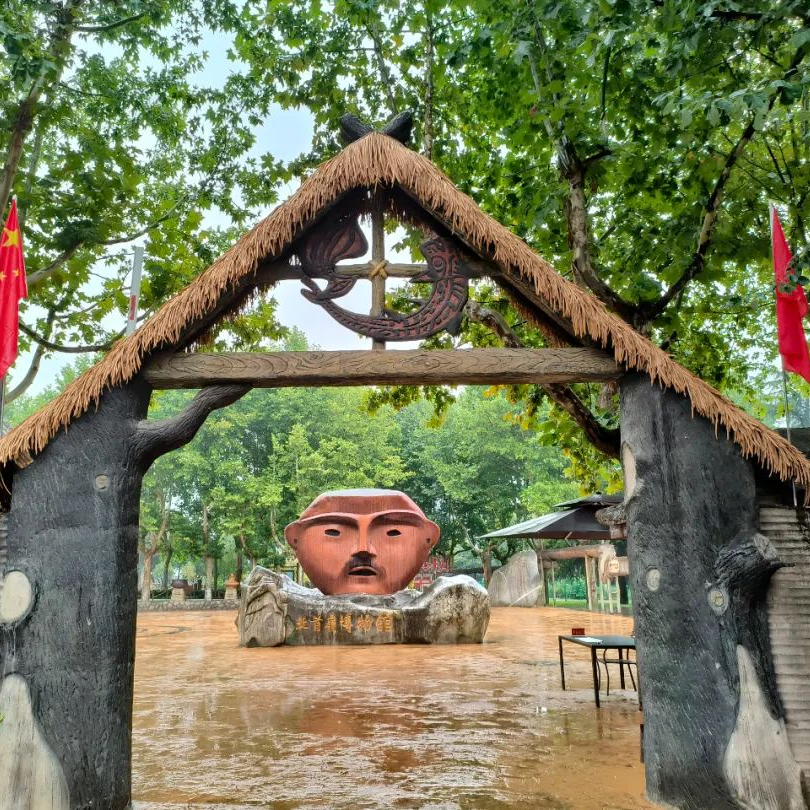
Baoji Yijiabao Site.
Facilities
While the site itself is primarily focused on archaeological exploration, there are basic facilities available:
– Visitor Center: Offers information about the site and its significance.
– Rest Areas: Designated spots for relaxation and refreshments can be found throughout the site.
Guided Tours
For those interested in a deeper understanding of the site, guided tours are available. These tours provide valuable context and stories about the artifacts and the site’s history. Booking in advance is recommended, especially during peak tourist seasons.
Nearby Attractions
Extend your visit by exploring other nearby attractions:
– Baoji Bronze Ware Museum: A showcase of the region’s rich history in bronze production.
– Fufeng Confucius Temple: A historical site dedicated to Confucian teachings and culture.
– Qinling Mountains: For nature lovers, the nearby Qinling Mountain range offers stunning hiking trails and scenic views.
Tips for Visitors
- Dress Comfortably: Wear comfortable shoes, as the site involves walking over uneven terrain.
- Stay Hydrated: Bring water, especially during warmer months, as amenities may be limited on-site.
- Respect the Site: Follow all guidelines and markers to preserve the integrity of this historical location.
By preparing ahead and understanding what to expect, your visit to the Baoji Yijiabao Site will be both enriching and enjoyable, allowing you to connect with the deep historical roots of Chinese civilization.
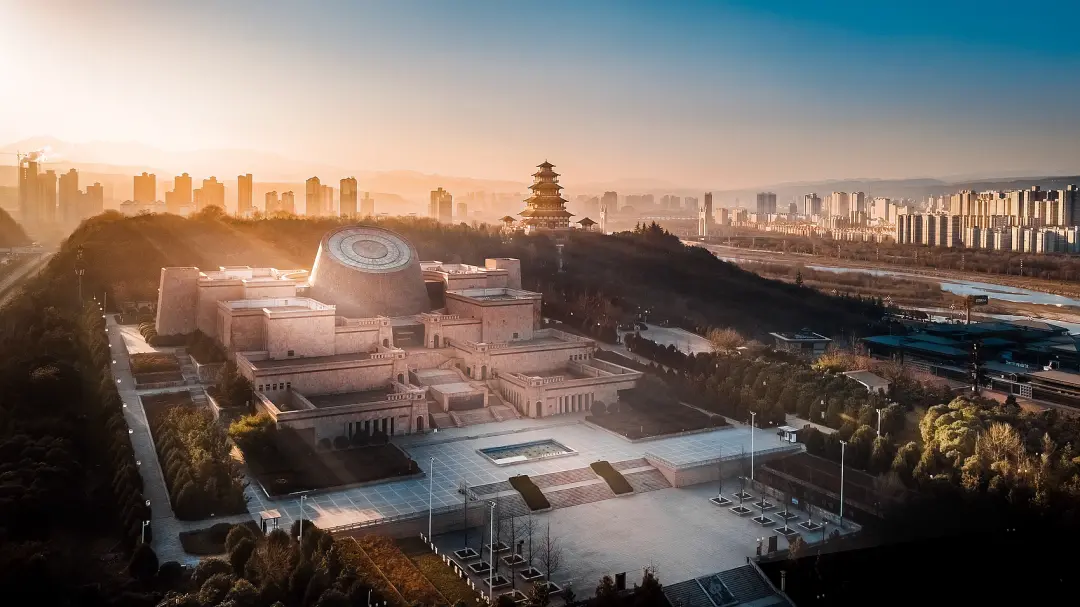
Baoji Yijiabao Site.
Tickets, Hours, and Booking
Visitors to the Baoji Yijiabao Site can enjoy a unique glimpse into ancient Chinese culture and history. To make the most of your visit, here’s what you need to know about ticketing:
Ticket Information
-
Admission Fee: Entry to the Baoji Yijiabao Site is generally free, making it an accessible destination for all visitors.
-
Opening Hours: The site is open daily from 8:00 AM to 5:30 PM. It’s advisable to arrive early to fully explore the area and its fascinating historical relics.
-
Guided Tours: While general admission is free, guided tours may be available for a nominal fee. These tours provide deeper insights into the site’s significance and historical context.
-
Group Visits: If you are planning a group visit, it may be beneficial to contact the site in advance to inquire about group rates or special arrangements.
-
Accessibility: The site is designed to be accessible for visitors of all ages. However, some areas may involve walking along uneven paths, so comfortable footwear is recommended.
-
Additional Recommendations: It’s a good idea to check the local weather before your visit, as conditions can vary. Bringing water and snacks is also recommended, as facilities may be limited on-site.
The Baoji Yijiabao Site is a captivating destination for anyone interested in China’s rich historical tapestry, and with its free admission, it’s a perfect addition to your travel itinerary in Baoji. Enjoy your journey through history!
How to Get There
Getting to and around the Baoji Yijiabao Site (益家堡遗址) can be a smooth and enjoyable experience with the right transportation options at your disposal. Here’s everything you need to know about navigating this fascinating archaeological site and its surroundings.
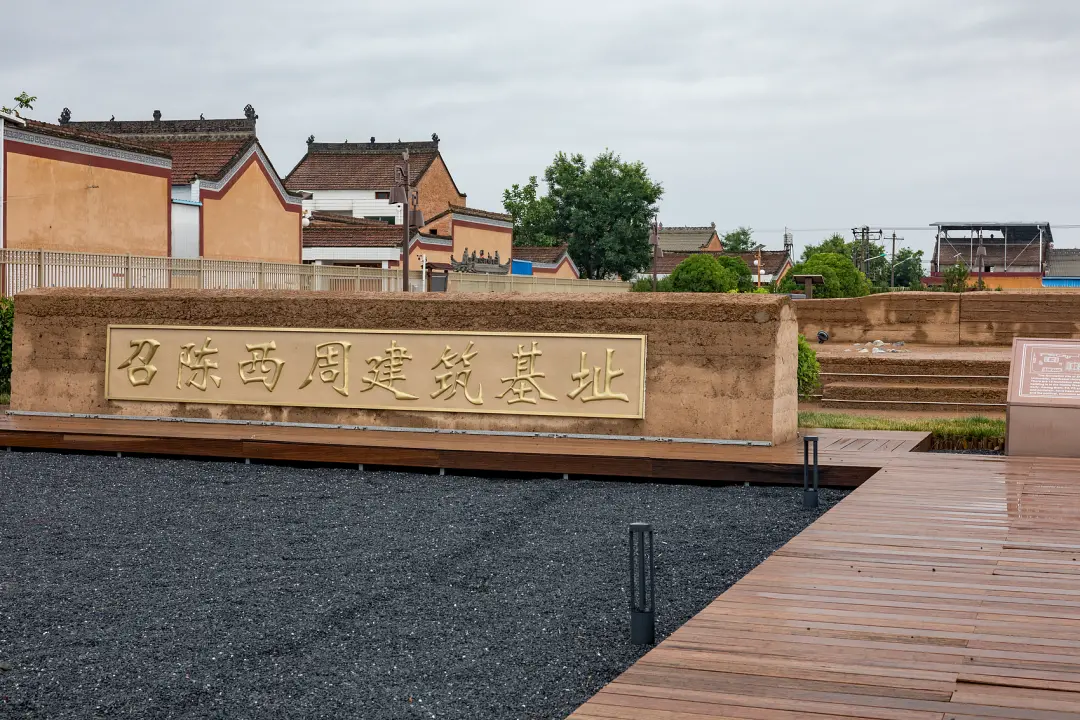
Baoji Yijiabao Site.
Reaching Baoji Yijiabao Site
By Air:
The nearest major airport is Baoji Airport (BJI), located approximately 50 kilometers from the city center. This airport offers domestic flights to and from major cities like Beijing, Shanghai, and Xi’an. From the airport, you can hire a taxi or use a ride-sharing service to reach Baoji city center or directly to the Yijiabao Site.
By Train:
Baoji is well-connected by rail, making it accessible from various parts of China. The Baoji Railway Station serves as a hub for high-speed trains (G trains) that link to cities such as Xi’an, Chengdu, and Shanghai. Upon arriving at Baoji Railway Station, you can take a taxi or local bus to reach the Yijiabao site, which is about 30 kilometers away.
By Bus:
Long-distance buses are another viable option for reaching Baoji. The Baoji Long-Distance Bus Station offers services from major cities. Once in Baoji, local buses or taxis can take you to the Yijiabao Site.
Local Transportation Options
Public Transportation:
Within Baoji, public transportation is convenient and budget-friendly. Buses traverse the city, providing access to various attractions, including the Yijiabao Site. Look for bus routes that head towards the Fu Feng County area, where the site is located.
Taxis and Ride-Sharing:
Taxis are readily available throughout Baoji, and they offer a comfortable way to reach the Yijiabao Site. Ride-sharing apps like Didi are also operational, allowing for a convenient and often cheaper alternative to traditional taxis.
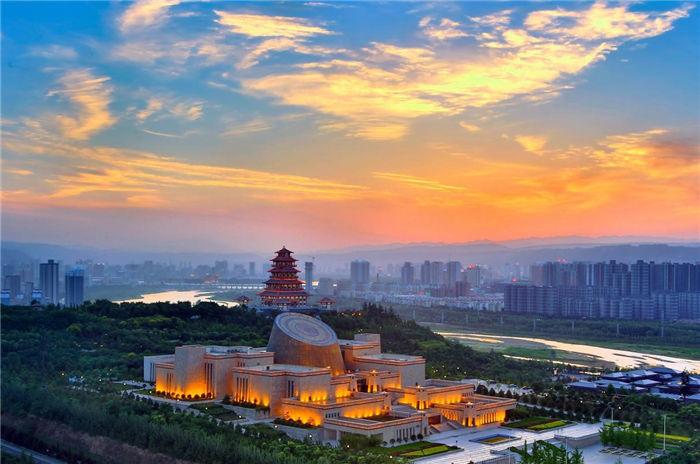
Baoji Yijiabao Site.
Car Rentals:
For those who prefer driving, car rental services are available in Baoji. Renting a car can provide the flexibility to explore the surrounding areas at your own pace. Ensure to have a GPS or a reliable map app to navigate the local roads.
Accessibility at the Site
The Baoji Yijiabao Site is accessible to visitors, with pathways and signage accommodating tourists. However, it’s advisable to wear comfortable shoes, as you may need to walk along uneven terrain. Accessibility features for those with mobility challenges may be limited, so planning ahead is essential.
Conclusion
Whether you choose to arrive by air, train, or bus, getting to Baoji Yijiabao Site is straightforward. Once there, the local transportation options make it easy to explore not only the site itself but also the rich history and culture of Baoji. Enjoy your visit to this remarkable archaeological treasure!
Local Cuisine and Accommodation
When exploring the rich historical landscape of Baoji, particularly the Yijiabao Site, you’ll want to indulge in the local culinary delights and find comfortable accommodations to enhance your experience.
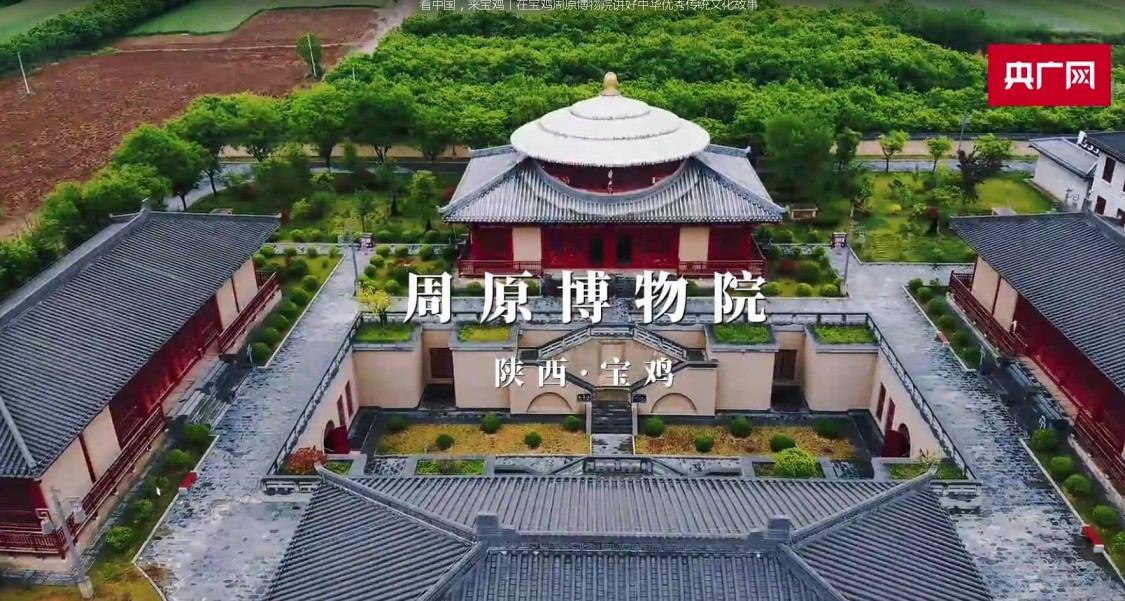
Baoji Yijiabao Site.
Local Cuisine
Baoji is celebrated for its unique flavors, influenced by both its geographical diversity and cultural heritage. Here are some must-try dishes and dining spots:
-
Saozi Noodles (臊子面): This is a local specialty that consists of hand-pulled noodles topped with a rich meat sauce made from minced pork and a variety of spices. You can find delicious Saozi noodles at places like Chen Cang Old Street, where numerous small eateries serve this dish.
-
Steamed Dumplings (包子): Baoji’s steamed buns are renowned for their fluffy texture and savory fillings. Head to Xifeng Restaurant, which offers a wide range of dumplings, from classic pork to more adventurous options like wild vegetables.
-
Spicy Lamb Skewers (羊肉串): A popular street food, these skewers are marinated in spices and grilled to perfection. The night market at Jingyi Road Walking Street is an excellent spot for sampling these flavor-packed bites.
-
Qin-style Hotpot (秦式火锅): Known for its aromatic broth and fresh ingredients, this hotpot style is a communal dining experience that’s perfect for groups. Try Haidilao Hotpot, which provides a lively atmosphere and attentive service to enhance your meal.
Accommodations
After a day of exploration, returning to a comfortable place is essential. Here are some recommended hotels that cater to various budgets:
-
Wanda Realm Baoji: This upscale hotel offers luxurious rooms, a fitness center, and a fantastic restaurant serving both local and international cuisine. It’s conveniently located, making it easy to access the Yijiabao Site and other attractions.
-
Holiday Inn Express Baoji: A good mid-range option, this hotel provides modern amenities, complimentary breakfast, and a clean, comfortable atmosphere. It’s ideal for travelers looking for convenience without breaking the bank.
-
Jinjiang Inn Baoji Railway Station: This budget-friendly choice offers simple, clean rooms and is located near the railway station, making it easy for travelers to navigate the city. It’s a great base for those who prioritize affordability.
-
Xifeng Hotel: For those seeking a more local experience, consider staying at this charming hotel that reflects the region’s culture. It provides cozy accommodations and is close to fantastic local eateries.
Whether you are savoring the flavors of Baoji or resting in a comfortable hotel, your journey to the Yijiabao Site will be enriched by these delightful culinary experiences and accommodations.
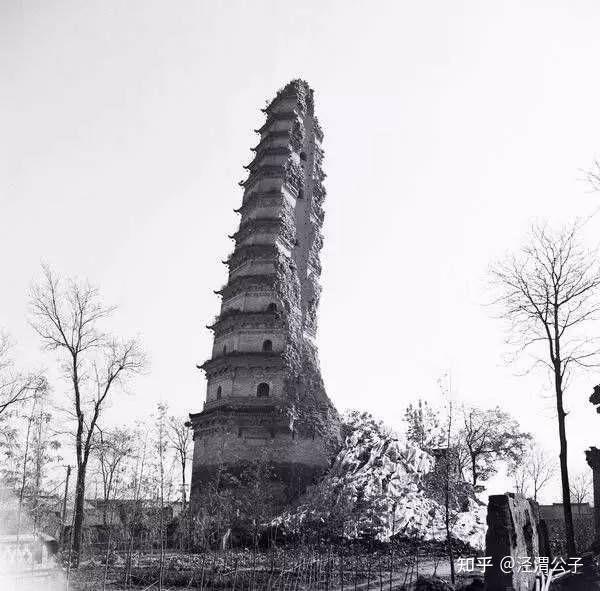
Baoji Yijiabao Site.
Frequently Asked Questions
-
What is the Baoji Yijiabao Site?
The Baoji Yijiabao Site, also known as the Yijiabao Ruins, is an archaeological site located in Baoji, Shaanxi Province, China. It dates back to the Neolithic period and showcases remnants of ancient dwellings, pottery, and tools, reflecting the life of the people who lived during that time. -
How do I get to the Baoji Yijiabao Site?
The site is accessible via public transportation, including local buses that connect to major areas within Baoji. Alternatively, taxis are available for a more direct route. It is recommended to check with local transport services for the most convenient options. -
What are the opening hours of the Baoji Yijiabao Site?
The Baoji Yijiabao Site is generally open from 8:00 AM to 5:30 PM. However, it is advisable to verify the exact timings in advance, as they may vary depending on the season or special events. -
Is there an admission fee to visit the site?
Admission to the Baoji Yijiabao Site is typically free. However, some special exhibitions or guided tours may have a nominal fee. It’s best to check on-site or the official website for any updates regarding fees. -
Are there guided tours available at the site?
Yes, guided tours are often available at the Baoji Yijiabao Site. These tours provide insightful information about the history and significance of the ruins. It is recommended to book in advance, especially during peak tourist seasons. -
What should I wear when visiting the site?
Comfortable clothing and sturdy shoes are recommended, as the site may involve some walking and exploration over uneven terrain. Dressing in layers is advisable, as temperatures can vary throughout the day. -
Are facilities available at the Baoji Yijiabao Site?
Basic facilities such as restrooms may be available on-site. However, amenities like food stalls or shops might be limited, so it’s a good idea to bring water and snacks for your visit. -
What other attractions are nearby?
The Baoji area is rich in historical and cultural sites. Nearby attractions include the Baoji Bronze Ware Museum, the Famen Temple, and the picturesque Qishan Mountain. Visitors can easily plan a day trip to explore multiple sites in the region.
Final Thoughts on Your Trip
Visiting the Baoji Yijiabao Site is not just a journey into the past; it’s an immersive experience that connects you with the rich tapestry of Chinese history and culture. As you wander through this archaeological treasure, you’ll find yourself surrounded by ancient relics and captivating stories that speak of the lives once lived in this vibrant area. The site’s significance as a cultural heritage site offers a unique glimpse into the early agricultural society that thrived in the region.
Whether you’re an avid history enthusiast or a curious traveler, the Yijiabao Site promises to leave a lasting impression. It serves as a reminder of the resilience and ingenuity of those who came before us. So, take a moment to reflect on the legacy of the past while enjoying the serene beauty of the surrounding landscape.
As you plan your next adventure, consider including Baoji in your itinerary. This destination offers not only a deeper understanding of ancient civilizations but also the chance to savor the breathtaking scenery and warm hospitality of its people. Embrace the spirit of discovery, and allow the echoes of history to guide your exploration.
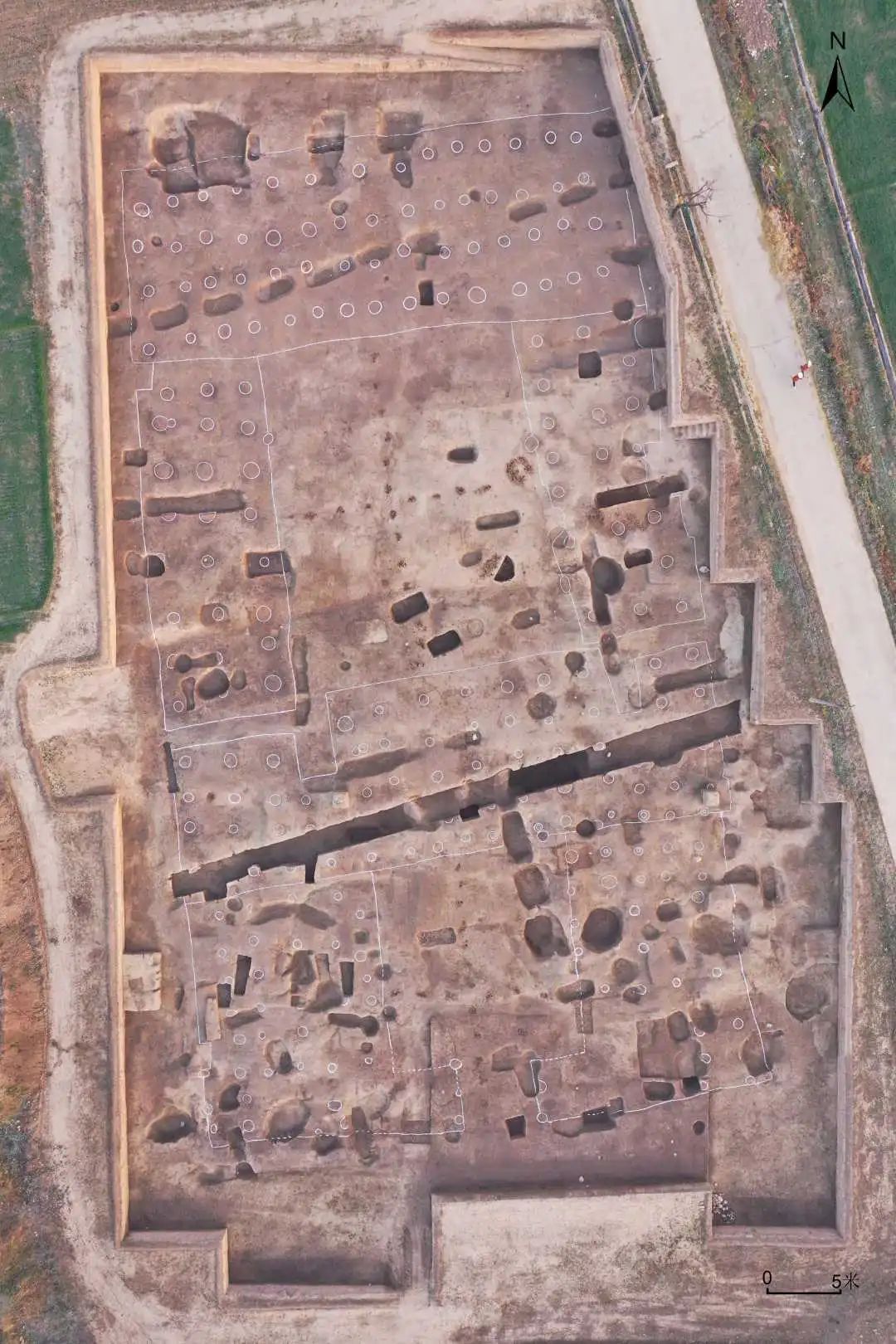
Baoji Yijiabao Site.
